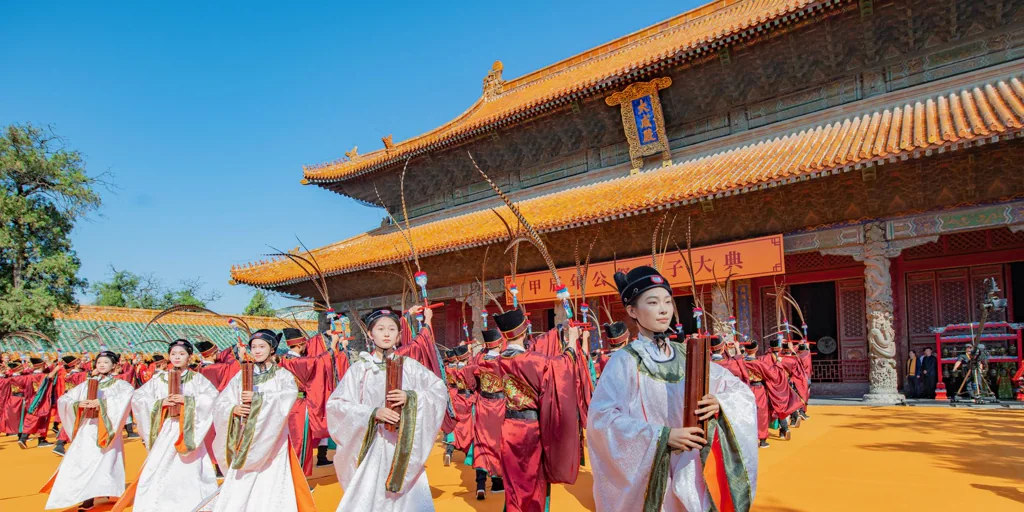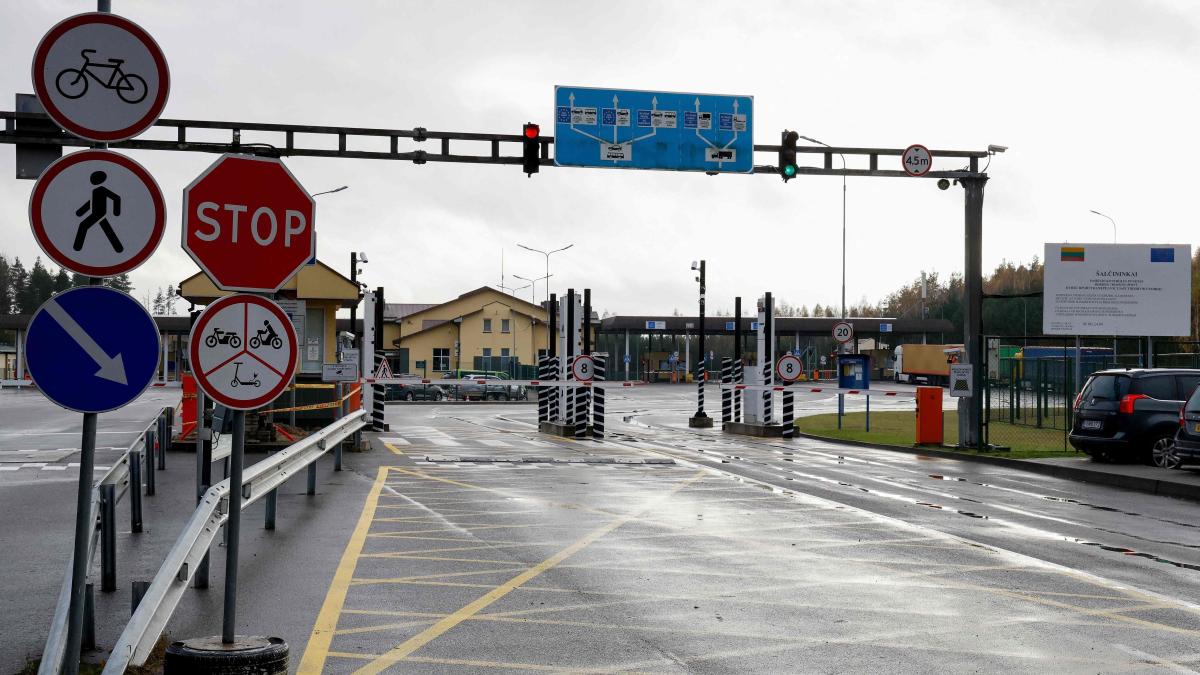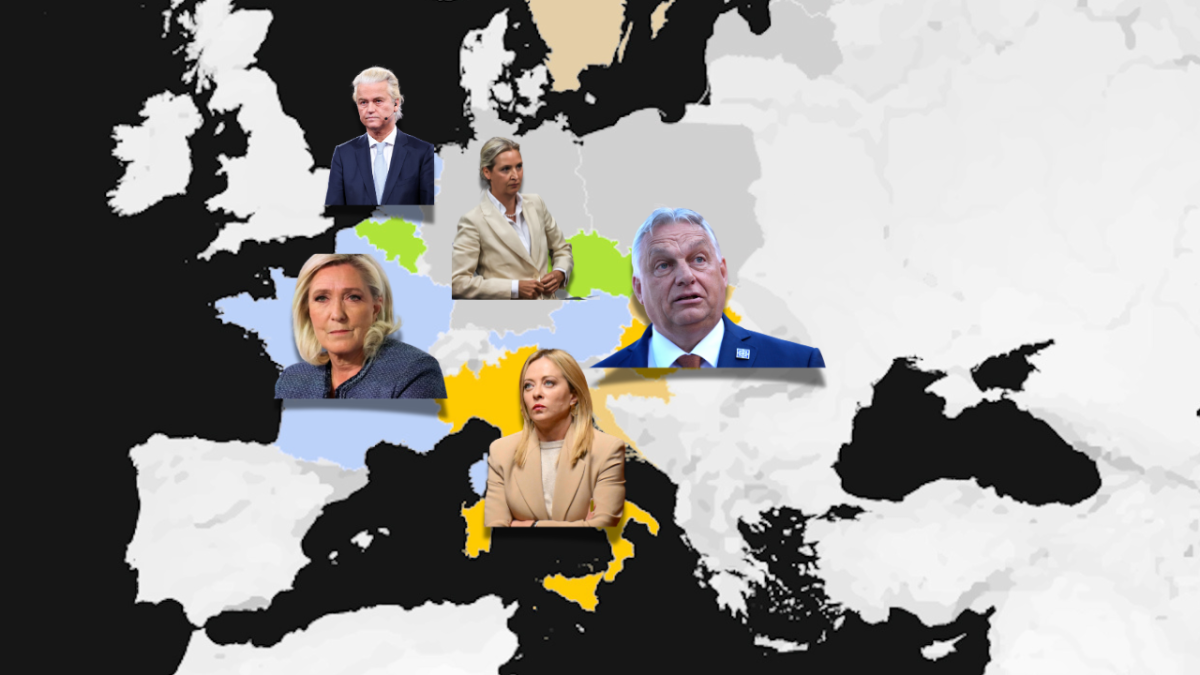Exploring the Birthplace of Confucius: A Journey Through Time
In the heart of China, amid the sprawling landscapes of Shandong Province, lies the birthplace of a figure who shaped the soul of a nation—Confucius. Born in 551 BCE, the philosopher’s teachings have transcended time and space, influencing millions and commanding respect across Asia. Today, as we embark on a journey to his hometown of Qufu, we not only explore the legacy of Confucius but delve into how modern socio-political landscapes have redefined his teachings and their relevance in contemporary society.
From Vilification to Reverence: The Rise of Confucianism
For decades, Confucius was largely banished from the public consciousness, especially during China’s Cultural Revolution (1966–1976), when his philosophies were deemed antithetical to the communist ideals espoused by Mao Zedong. Yet today, as we step into the vibrant city of Qufu, we witness a remarkable reclamation. Here, in temples echoing with history, practitioners of Confucianism celebrate the 2,575-year legacy of stability and order on which this ancient philosophy is built.
Qufu’s lush landscapes provide a stark contrast to the tumultuous transformations that have unfolded in Chinese society. The towering statue of Confucius looms over Mount Ni, a tribute to the “Master Kong” who once taught that virtue, sincerity, and respect should be the cornerstones of social governance. Visitors crowd the city, capturing photos, participating in rituals, and engaging with stories that tell of a philosopher who advocated for values still necessary in today’s chaotic world.
Commemorating Confucius: A Cultural Revival
The city itself is a UNESCO World Heritage site, housing the Temple of Confucius, the Cemetery of Confucius, and the Kong Family Mansion—collectively known as the San Kong. These sites are not merely tourist attractions, they are majestic chronicles of history. As one strolls through the Temple, the grandeur of ancient architecture mingles with the whispers of scholars who once considered this a hallowed ground for learning.

Confucius’s teachings emphasize the importance of family loyalty, ancestor veneration, and respect for elders, which formed the bedrock of Chinese culture. Perhaps the most poignant reflection of his principles can be seen during annual festivities commemorating his birthday, where thousands don traditional garb, creating a vivid tableau of respect and reverence.
The Insights of Past with Modern Resonance
As we engage with locals in Qufu, their interpretations of Confucianism reveal a nuanced understanding of its application in modern life. Elders speak of familial duty, while the youth express a yearning for moral grounding amidst rapid modernization. This bridge between past teachings and present dilemmas illustrates why Confucius remains pivotal. In navigating the complexities of contemporary life, his emphasis on ethical leadership resonates more than ever.
Controversy Shrouded in Time
However, the reverence for Confucius is not without its critiques. Scholars continue to debate the implications of his philosophies, particularly around issues of gender roles and hierarchical societal structures. These discussions stir contentious dialogue about the adaptation of timeless wisdom in a modern context that increasingly champions equality and personal freedom.
The Cultural Revolution stands as a precipice in the narrative of Confucius’s legacy—an era marked by attempts to eradicate traditional norms yet paradoxically culminating in a revival that catapults his teachings back into the public consciousness. This revival demonstrates how cultural heritage can simultaneously endure and adapt, challenging the very foundations upon which societies are built.
A Journey Worth Taking
The pilgrimage to Qufu is more than a visit to the birthplace of Confucius; it is an immersion into a narrative that stretches through millennia, interconnecting history, culture, identity, and morality. As visitors embrace this journey, they are not merely tracing the steps of a philosopher but engaging with the living legacy of his teachings. Each footstep resonates with the collective stories of those who came before us, urging us to rethink how ancient wisdom applies today.
In a world fraught with division, the enduring message of Confucius beckons—reminding us of the importance of harmony, respect, and ethical governance. In Qufu, the lessons of a bygone era remain fiercely alive, echoing through the corridors of time, inviting all who dare to listen.
As we conclude our exploration, we leave with more than mere souvenirs; we carry the indelible spirit of Confucius—a spirit that teaches us that true wisdom lies not only in the words we read but in the actions we take.














